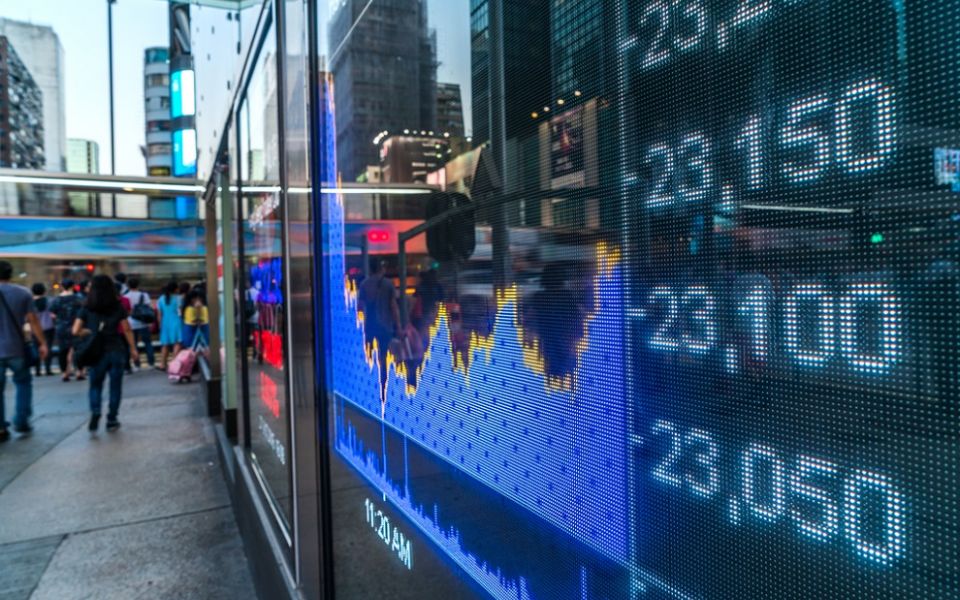
The changing face of world shares

The US market represents more than one half of the total quoted wealth in world shares. It is, however, a very different pattern of wealth holdings from previous decades, reflecting the huge changes underway in business models and customer preference. Looking at just how much the index has changed is a good way of mirroring global economic development.
In 1990 the top ten shares in the S&P 500 index were IBM, Exxon, GE, Philip Morris, Royal Dutch Shell, Bristol Myers, Merck, WalMart, AT&T and Coca Cola. That was a good mix of enterprises, with two oil companies, two pharmaceutical companies, one phone company, one computer company, a tobacco company a major engineering and manufacturing business, a drinks company and a retailer.
Today only one of those companies is still in the top ten, Exxon the oil major. The new list is dominated by technology companies led by Apple, Microsoft, Amazon and Facebook, with Alphabet claiming two positions because it has two classes of share. Berkshire Hathaway, an investment company, Johnson and Johnson and JP Morgan Chase also squeeze into the list.
WalMart Is still in business as a large retailer, but subject to gathering competition from the tech giants with their internet based models of getting to the customers. Coca Cola is still a well-known trader as a leading soft drinks maker, but has been outpaced in turnover and profits by people spending more on tech than on drinks. The pace of change has been phenomenal and shows up very clearly in the new face of the Index. 25% of the value is now in the leading tech companies. They have been driving not just the growth of the S&P but helping worldwide markets, where similar companies in places like China have also performed exceptionally well.
Some think these new giants are now expensive and maybe their time to wane is fast approaching. No company in this fast moving world is immune to competitive forces or change of policy or circumstance that can humble the greatest, but so far these tech majors look as if they have plenty of further scope to grow their revenues and profitability. Their ratings on average do not look high, given their faster rate of growth than more traditional businesses. They are taking over more and more business from others, as they pioneer new ways of retailing, banking, professional services, media and the rest.
So what could stop them? It is always possible traditional businesses learn better how to hit back and keep their customer base by giving them a new generation service. It is possible the tech businesses in due course face antitrust actions, though there is no sign of that under a Trump Presidency so far. When AT&T did well in the telephone age the US did authorise competitors and order divestments. In the era of big oil the US authorities broke the industry up into more competing units. They could stumble for their own internal reasons, failing to convert enough revenue to profit. They could upset their many followers by bad judgements on content, prices, security or the rest that could do grave damage to any individual leading company. In their world reputation matters a lot and loss of reputation could lead quickly to loss of business. New technology might arrive which outdates them in turn.
For the time being, however, more and more investors are coming to understand just how crucial these technology majors are to this bull market, and just how well they have so far been doing on growing revenues. That is why the index looks so different today, and looks set to continue its love affair with technology. It also gives us something else to worry about. How much further can this change go? How much damage to profits and dividends amongst traditional businesses can this transformation deliver? This bull market does rest on a narrow range of companies for its main impetus. So far this year Nasdaq is up but the main European markets have been hit by worries from rising interest rates to steel tariffs.
Nothing on this website should be construed as personal advice based on your circumstances. No news or research item is a personal recommendation to deal.